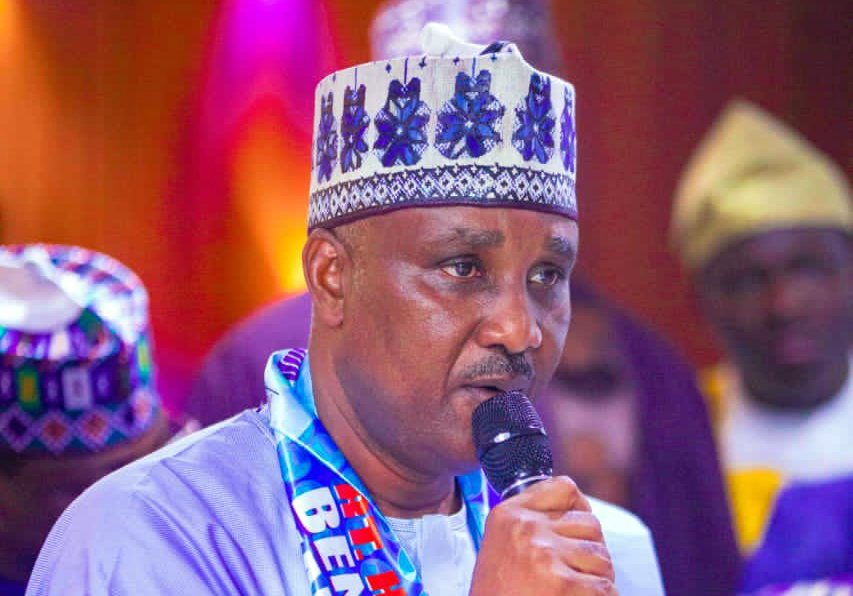By Mercy Aikoye
The Speaker of the House of Representatives, Hon. Tajudeen Abbas, emphasized the need for effective oversight and accountability in Nigeria’s petroleum sector. Speaking at a workshop in Abuja, Abbas noted that the sector has been hindered by inefficiencies and outdated regulatory frameworks, despite being the backbone of Nigeria’s economy.
The workshop aimed to enhance lawmakers’ understanding of the petroleum sector and equip them with legislative tools to support the Nigerian Upstream Petroleum Regulatory Commission (NUPRC). Abbas stressed that the National Assembly has played a vital role in driving reforms in the sector, ensuring its sustainability and effectiveness.
Abbas highlighted the importance of the Petroleum Industry Act (PIA) 2021, which introduced reforms that have redefined the governance, operations, and transparency of the oil and gas industry. The PIA provides a robust framework for oversight, empowering the National Assembly to monitor the operations of regulatory agencies like the NUPRC.
The NUPRC regulates the upstream petroleum sector, and its mandates include ensuring transparency, accountability, and sustainable resource management. Abbas noted that some immediate benefits of the PIA include improved regulatory clarity, increased investor confidence, and a structured approach to addressing environmental and community issues.
However, Abbas acknowledged that challenges remain, such as the need for further infrastructural development, capacity building, and full implementation of the PIA’s provisions. He emphasized the challenges involved in effective oversight, noting the technical complexity of the extractive industry and the evolving nature of the sector.
To overcome these obstacles, Abbas stressed the importance of lawmakers developing technical expertise, engaging in continuous learning, and fostering collaborative relationships with stakeholders. He encouraged the use of all available oversight tools, including inspections, public hearings, investigations, and interpellations.
Abbas also urged committees to adopt a strategic approach focused on constructive dialogue. He suggested that regular updates, joint assessments, and targeted inquiries could streamline oversight processes and improve outcomes.
The workshop is expected to foster a more productive working relationship between legislative committees and the NUPRC. This collaboration aims to ensure that the upstream petroleum sector serves the interests of all Nigerians, promotes sustainable practices, and remains globally competitive.
In conclusion, Abbas’ remarks underscore the need for effective oversight and accountability in Nigeria’s petroleum sector. By addressing the challenges and leveraging the opportunities presented by the PIA, the sector can be transformed to benefit all Nigerians.



